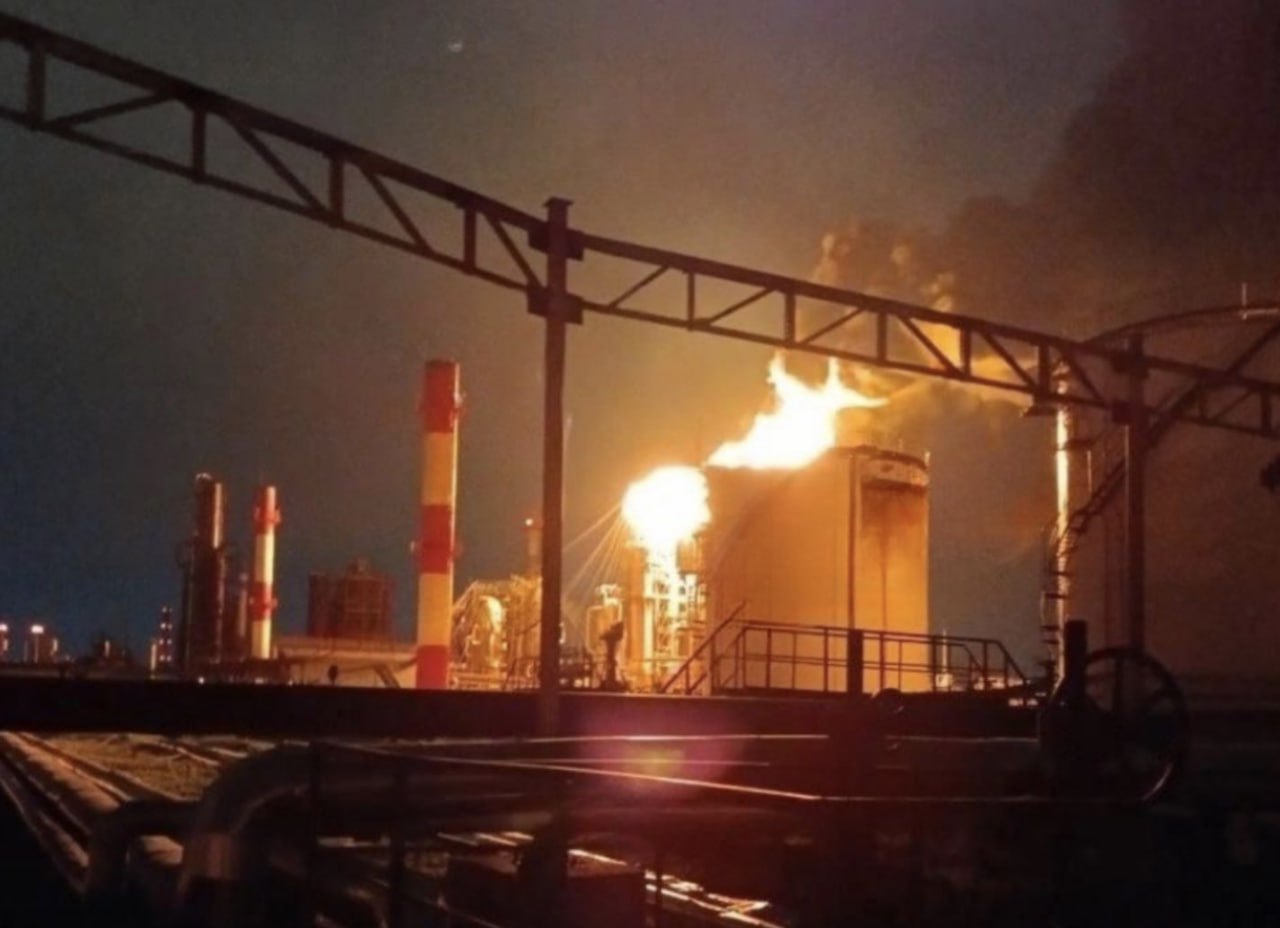OSINT researcher Morten Bjørn shared some interesting insights regarding Ukrainian strikes on Russian oil refineries:
• Even without Ukrainian drones, Russian oil refineries have been burning quite consistently on their own. On average, one plant in Russia caught fire every 200 days. Since the beginning of 2024, the number of fires has sharply increased—obviously due to Ukrainian UAVs. Bjorn suggests that Ukraine conducted three attack campaigns on oil refineries, each lasting about two weeks, followed by breaks (possibly, Ukrainian intelligence uses these breaks in campaigns to assess the damage to various plants and analyze the Russian and global economy).
• Ukraine is targeting the primary oil refining units (Crude Distillation Units). This is the most logical solution since it's a key node for the operation of almost everything else in the refinery. Theoretically, oil can be imported from other refineries, but this poses a huge logistical challenge. Besides, other refineries are likely busy themselves and unlikely to share.

• Repair time for refineries depends primarily on the severity of the damage. For example, the refinery in Tuapse has not yet resumed operation despite being attacked on January 24. At the same time, some other refineries may repair faster, which will likely prompt repeat strikes. Another factor that could delay repairs is the difficulty in obtaining repair parts under sanctions.
• Different regions produce different types of oil, and refineries are usually geared towards processing their respective type. In this context, knocking out all refineries in one region (e.g., Kuban, which is quite close to Ukraine and is regularly attacked) may have additional consequences for the oil refining industry. The most obvious solution to save profits is to increase the volume of exported crude oil. However, this has implications both for supplying fuel to the rest of the Russian economy and carries political complications.

• Russia is a member of OPEC+ and, as part of its participation in this organization, has taken on commitments to reduce crude oil exports to maintain high prices. Now it cannot process the previous volumes of oil into fuel and is forced to sell excess crude oil on world markets, contrary to OPEC+ agreements. This is unlikely to please other members of the oil cartel: they adhere to the agreement and limit their own production, but prices still fall due to excess Russian oil.




















